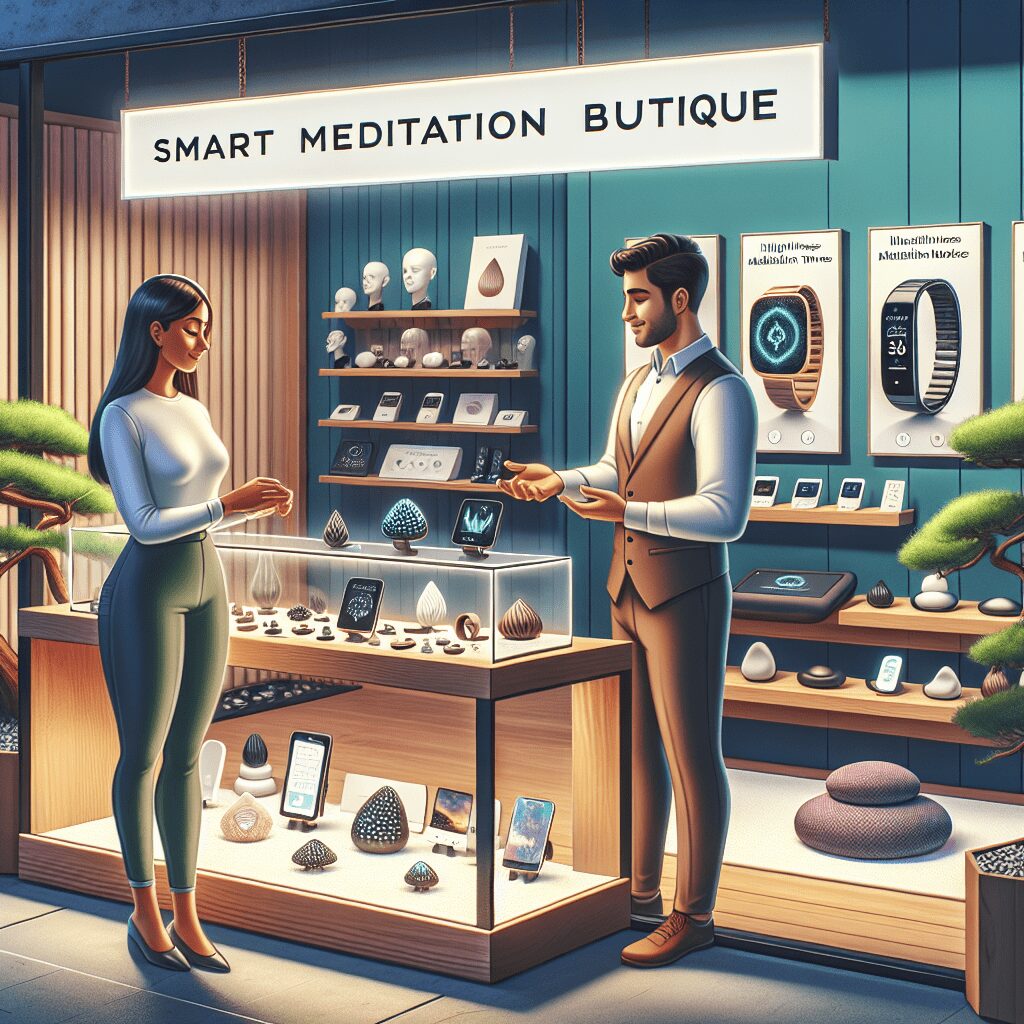
Prioritize your mental well-being daily. Enhance your life by nurturing your mental health with the Smart Meditation app. Break free from stress, alleviate anxiety, and enhance your sleep quality starting today.
Can Anxiety Cause Tiredness?
Unveiling the Connection: Anxiety and Tiredness
In today’s hustle and bustle, it’s no surprise that a good chunk of the population is grappling with anxiety. From juggling work deadlines to managing personal life, anxiety knocks on the door without much warning. But here’s a curveball – can this unwelcome guest also be the culprit behind your constant state of tiredness? Let’s dive into the heart of the matter and peel back the layers to uncover the intricate link between anxiety and tiredness.
The Energy Drain: How Anxiety Saps Your Strength
The Vicious Cycle
Anxiety, my friends, is not just a feeling of nervousness or worry. It’s like having an unwanted roommate that messes with your internal wiring, affecting both your mental and physical wellbeing. One of the most baffling yet common side-effects of anxiety is tiredness. You might wonder, “How on Earth does feeling anxious lead to feeling like I’ve run a marathon?” Well, let me tell you, it’s all in the chemicals.
When anxiety hits, your body is thrown into the infamous “fight or flight” mode. This primal reaction floods your system with stress hormones like adrenaline and cortisol, gearing you up to face an imminent threat – even if that threat is just an email from your boss. Over time, this constant state of alertness can be as draining as physically running from a lion, leaving you feeling utterly exhausted.
The Sleep Conundrum
But wait, there’s more. Anxiety and sleep are about as compatible as oil and water. When your brain is doing mental gymnastics at night, worrying about every little thing, good luck catching those Zs. Poor sleep quality or insomnia, common bedfellows of anxiety, play a significant role in next-day tiredness. It’s a classic catch-22: anxiety keeps you awake, and the lack of sleep feeds back into your anxiety, keeping the tiresome cycle spinning.
Tips to Tackle the Tiredness Tangle
So, is there a light at the end of this tiring tunnel? Absolutely. Here’s what you can do to try and reclaim your energy:
- Routine is Your Friend: Stick to a regular sleep schedule. Yes, that means even on weekends. Consistency is key to resetting your internal clock.
- Wind Down: Develop a pre-sleep routine that helps signal to your body that it’s time to chill. This could be anything from reading a book to taking a warm bath.
- Limit Stimulants: Sorry, coffee lovers, but caffeine and anxiety are not a match made in heaven. Try to limit caffeine intake, especially in the latter half of the day.
- Move It: Regular exercise can work wonders, not just for your physical health, but for managing anxiety and improving sleep quality. Just make sure not to work out too close to bedtime.
- Seek Professional Help: If anxiety and tiredness are significantly impacting your life, it might be time to talk to a professional. Therapies like Cognitive Behavioral Therapy (CBT) have been proven effective for both anxiety and sleep problems.
In conclusion, the dance between anxiety and tiredness is a complex one, but definitely not without hope. By understanding the connection and taking proactive steps to manage anxiety, you can start to feel more energized and ready to take on whatever life throws your way. Remember, it’s not just about finding the light at the end of the tunnel but also lighting that tunnel for yourself, step by step.





